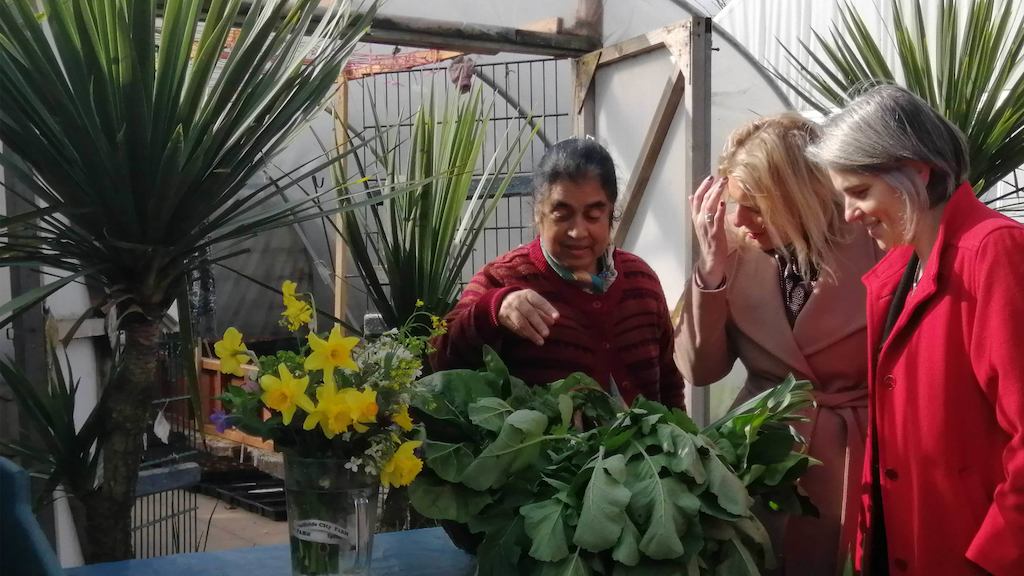Jacky Erwteman has been involved in an allotment garden in Regent’s Park for several years now, and she has recently started volunteering again since the lockdown measures have eased. She describes how important her return was for sense of wellbeing: “Since I started volunteering in the allotment garden in Regent’s Park, I could never have imagined not being there. And then lockdown. But now we are back and isn’t it wonderful? I can breathe again... not something I get in a two roomed flat on the seventh floor.”
Despite a spike in interest in food growing across the UK during this crisis, millions of older and more vulnerable people were shielding and staying at home with little opportunity to participate in their local community gardens and allotments. The message was to stay at home in order to stay safe, but there was a price to pay. For too many people, staying at home and not seeing loved ones or taking part in normal activities outside the home meant increased social isolation and detrimental mental health.
Now, as the shielding programme ends and many people start to return to something closer to normal, it’s vital that gardens, allotments and food-growing spaces are able to support older and more vulnerable people to get involved.
